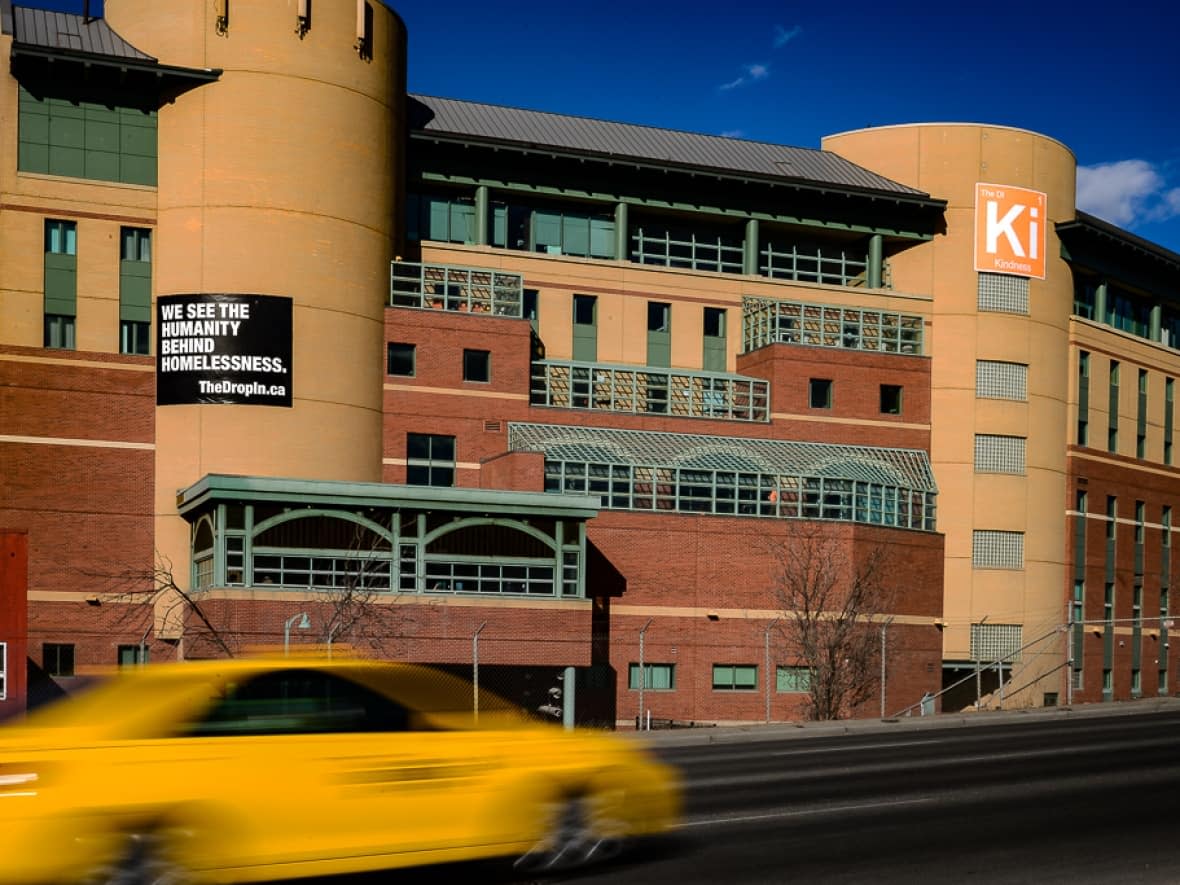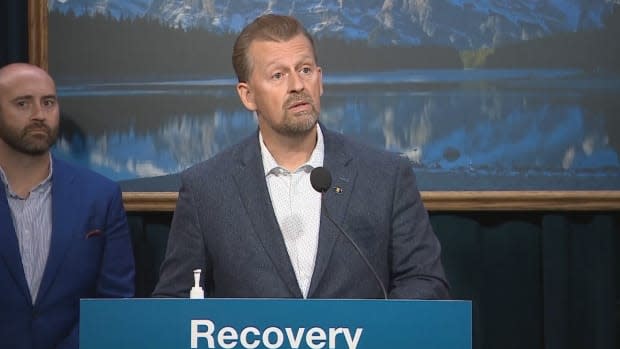Proposed overdose prevention site not proceeding at Calgary Drop-In Centre

Alberta's associate minister of mental health and addictions says a previously proposed overdose prevention site at the Calgary Drop-In Centre won't move ahead.
Earlier this year, the province said it was working with the Drop-In Centre to establish such a site, which was expected to help fill a void left by the planned closure of Calgary's downtown supervised consumption site.
But on Friday, Mike Ellis said those plans will not proceed.
"Instead, Alberta's government will be supporting the Calgary Drop-In Centre to establish a medical detox and a dynamic outreach and overdose response in the community," the minister wrote on Twitter.
Ellis said the reversal was precipitated by concerns voiced by the "surrounding communities and stakeholders" to the province and to the Drop-In Centre, adding that both parties jointly determined not to proceed.

Compared to supervised consumption sites, overdose prevention sites are often more bare-boned and can operate on a temporary basis.
Since the COVID-19 pandemic began, the Safeworks consumption site has seen an average of 10,000 visits each month.
Critics have said that supervised consumption sites could help curb needless deaths.
"We need to replace the poison with something that's not poisonous," Patty Wilson, a Calgary nurse practitioner who works on the front line, told The Canadian Press in March.
Alberta NDP mental health and addictions critic Lori Sigurdson wrote in a statement that the move indicated the UCP "still has no coherent plan" when it comes to addressing the opioid crisis.
"This sudden reversal leaves both frontline health care workers and the broader community in the dark about what the path forward is," Sigurdson wrote.
"Mike Ellis' dithering has put intense pressure on Calgary first responders and emergency rooms, which are already in crisis due to UCP mismanagement. Long delays in ambulance response times and unprecedented wait times at the ER are driven in part by the UCP's inability to respond to the drug poisoning crisis."
The Calgary Drop-In Centre confirmed the decision in a post on Twitter on Friday afternoon.
The Drop-In Centre hosted community information sessions in the month of July to discuss the proposed site. In a post on its website, the organization wrote that it remained committed to developing alternative solutions to address the rates of drug poisonings it is experiencing.
"Medically-supported withdrawal management is under development as well as transition to recovery supports while individuals are waiting to access treatment or just need a bit of extra support before getting housed," the post read.
According to the provincial government, 98 people in Alberta died from an opioid overdose in June, marking a 20 per cent decrease over May. That was also a 44 per cent decreased compared to November, when the number of deaths peaked.
"Alberta's government will continue to work with the City of Calgary, local residents, business owners and community stakeholders to establish a more suitable model overdose prevention model within Calgary than what currently exists," Ellis wrote on Twitter.


